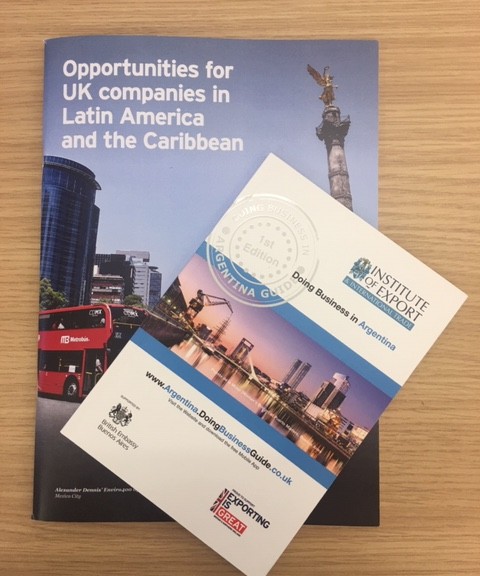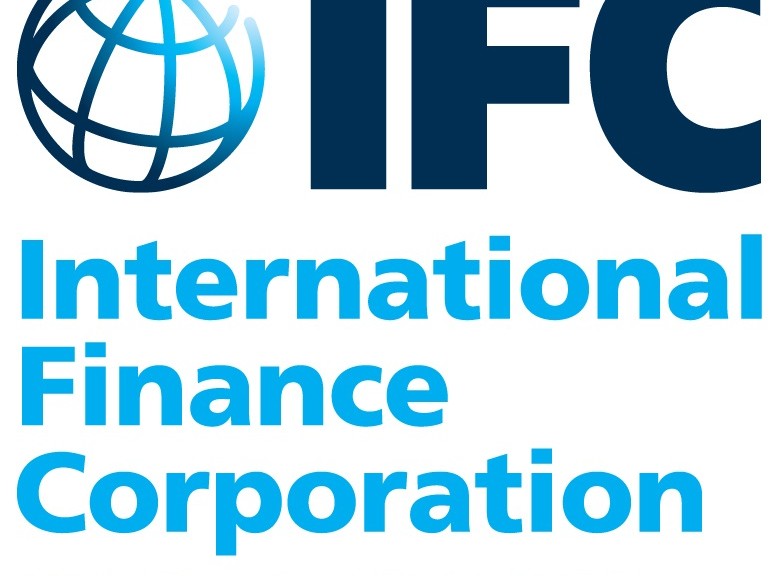Yesterday I had the pleasure of attending the opening ceremony of Oban High School, a PPP school on the west coast of Scotland. The building is a superb example of a modern learning environment, but the stars of the day were the pupils whose excitement and enthusiasm was a joy.
My team at Caledonian Economics were financial transaction advisers on the project, which reached financial close in 2016. The new building opened for pupils in 2018, with demolition of the old school buildings and sports pitches completed this year.

Oban High School Pipe Band – World Champions
Reflecting on this in the light of my recent projects in #Azerbaijan, #Uzbekistan and #Kosovo, I wondered what lessons we can apply, as we tackle the challenges of crumbling buildings and dynamic populations in these former Soviet countries.
Lesson 1) – school estate regeneration is a long term business. My involvement with redevelopment of schools in the region goes back to the feasibility study we wrote in 2000. This led to a series of developments using both direct capital investment and PPP modalities. The approach I recommend in developing countries is to:
- start by making the most efficient use of the classroom space that already exists;
- next, tackle areas of greatest need – buildings in bad condition, or mismatch between forecast population and classroom spaces;
- then, choose the procurement method that is best suited to the task at hand. Our large new high schools are #DBFM -type #PPPs, small primary schools are financed using government capital, and refurbishments use budgeted revenues.
Lesson 2) – listen to the pupils. The range of facilities in the new school are striking: gymnasium, dance and music studios, workshops for vocational skills, and all weather sport pitches. Yet, when I asked pupils what they would recommend for as priorities to maximise the impact on pupils of new school buildings in developing countries, they told me about the simple things, such as:
- bright, airy, uncluttered classrooms and informal ‘break-out’ spaces;
- avoid projectors and screens – large bright backlit monitors are much easier to read;
- plenty of whiteboard space, to capture important points;
- good school meals.
Lesson 3) – create networks of institutions. Oban High School works closely with the small (30 pupils) High School on the remote island of Tiree. Video links and screen sharing, backed up with in-person visits, tackle the curriculum constraints and provide developmental experiences for staff and pupils.
The Oban-Tiree link generally involves connecting classes, as compared to the one-to-one approach being followed by e-sgoil in the Western Isles. These techniques are relevant for remote, rural and mobile communities in developing countries. Reliability, I have been told, is more important than bandwidth: good audio matters more than high resolution video.
The network also includes the local further education (#VET) college who deliver training on construction, marine and mechanic skills.
Lesson 4) – In Oban I saw how extra-curricular after-school arts, sport and music activities build social and team-working skills, and strengthen the core curriculum.
Many schools in developing countries operate with two or three shifts of pupils – sometimes a response to population growth, but sometimes also a consequence of demand for popular schools while nearby schools have spare capacity. Multiple shifts make extra curricular activities virtually impossible, depriving pupils of opportunities to increase the quality and value of their school days. This is a primary determinant of ‘need’ described in Lesson 1).
Finally I would like to thank the Head Teacher Mr Bain, the staff at the school, the team at Argyll & Bute Council, and especially the pupils of Oban High School for a memorable, instructive and very enjoyable day.

















